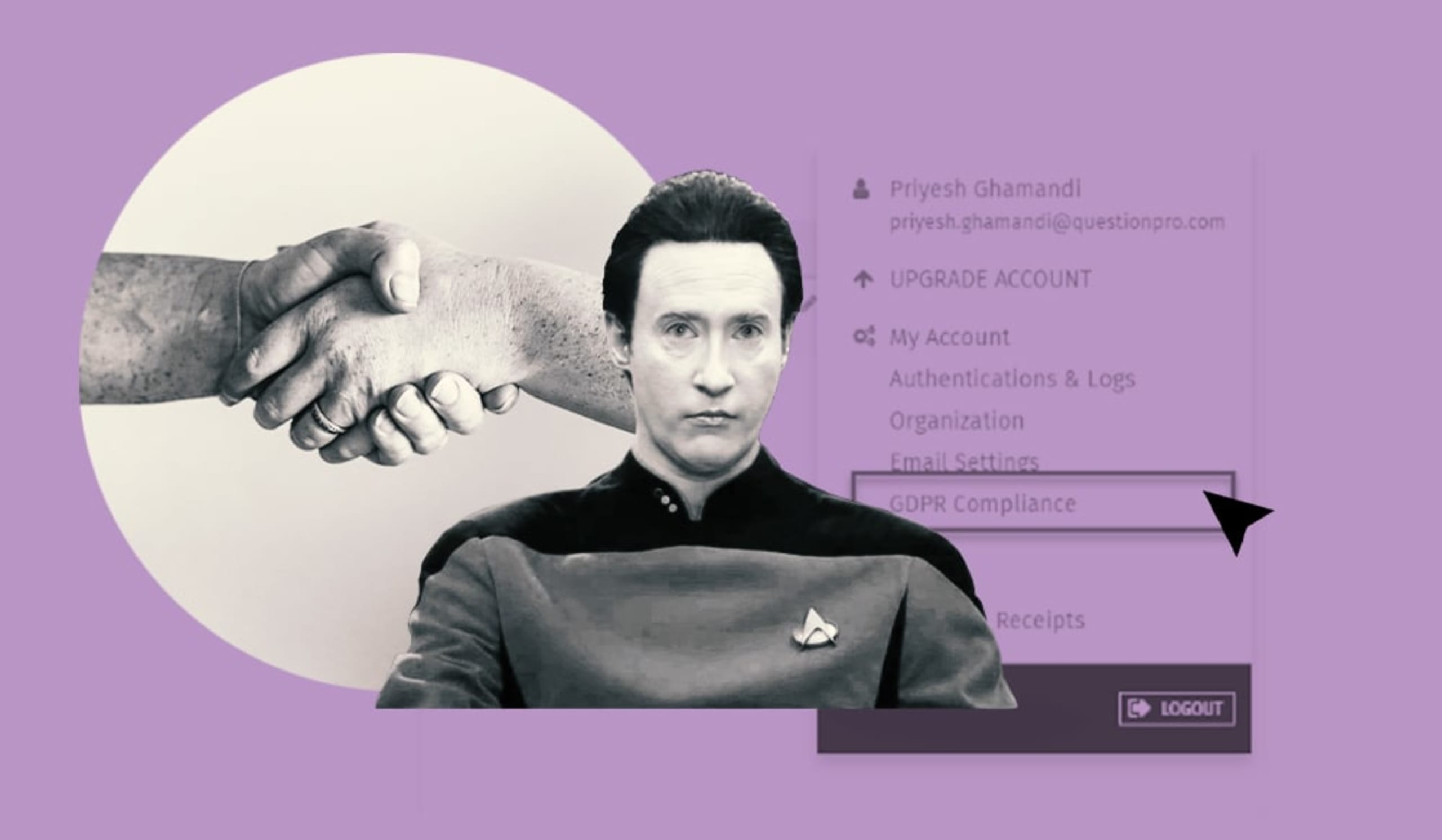
Keep your friends close and your data closer
Data ownership not only involves the possession and maintenance of data but also comes with data-owner responsibilities such as keeping data secure and compliant with any applicable laws or regulations (e.g., GDPR, CCPA, HIPAA). For an agency, data ownership means having historical campaign data, website performance data, consumer data, conversion data and other miscellaneous data sources stored in a secure centralized data warehouse that can be accessed at any time. Without data ownership, marketing teams and agencies must rely heavily on the third-party vendors who generate the data (e.g., Facebook, Google, etc.) for access. If a vendor decides to restrict access to data or imposes new storage limitations, valuable data and insights may be lost. Access to historical campaign performance data is crucial for continual growth and building an effective marketing strategy, so owning your data is now more important than ever.
In addition to safeguarding your marketing team or agency against dependence on third-party vendors, data ownership sets your team up for future success as the adoption of advanced analytics and artificial intelligence increasingly requires large volumes of clean readily available data. As most businesses are busy building analytics teams and striving for advanced ways of applying analytics to improve business practices, a lack of historical data can be an enormous barrier to success. Statistical models such as media mix modeling require years of historical performance dimensions and metrics to give accurate results, which can be cumbersome to compile. Data ownership reduces the heavy lifting associated with these advanced analytics projects. Owning a large clean database of historical records arms data scientists with the data needed to build statistical models that can optimize marketing strategies. The more historical data collected, the more accurate and complex these statistical methods can be. The faster a company recognizes its need for data ownership, the faster it will build a rich source of historical and valuable data.

How to start owning your data (data collection)
Data ownership starts with data collection. Data collection is always a balance of keeping data that provides true value without storing every single data point available. This dance ensures a company is truly adding value with data without becoming a digital version of TLC’s “Hoarders.”
Data collection methods range from simple storage of downloaded files locally to more advanced ETL (extract, transform and load) solutions that remove the leg work from the agency and provide an automated way of transforming and sending data to a singular database whether locally or in the cloud.
There are pros and cons of both types of data collection solutions, so teams need to weigh out factors like costs, time saved and alignment with their long-term plans. If an agency wants to move quickly toward advanced statistical models, then a database-type solution is a must. Clean, organized and aggregated data saves many hours in the analytics workflow that would otherwise be spent finding and cleaning data. Not only does data ownership speed up time to insight, but it also likely reduces overall costs for analytics projects, which increases the gross ROI of analytics efforts over time.
Another critical aspect of data collection involves staying on top of changes to data availability so you can find ways to future-proof your data streams. In marketing, the most important data availability crisis of the past 10 years is nearly upon us with the looming death of cookies and the rise of directly collecting consumer data. With website cookie tracking nearing an end, companies must urgently find new ways to learn about their consumers. Enter zero-party data.

Consumer data from zero-party data
The importance of data collection and ownership has been established, but there is one data source that’s increasing exponentially in importance to agencies: consumer data. Laws like GDPR are increasing consumer privacy and decreasing consumer data available to marketers through data providers. As marketers, we understand the benefits of collecting customer data for brand and business growth, but many of those benefits may soon be lost with the loss of data. So how does a company continue to gather and utilize consumer information in marketing? Zero-party data.
Zero-party data is information a consumer willingly gives through some type of direct company interaction, typically referred to as primary data collection methods. Zero-party data collection can take the form of feedback on a purchase, an online review, survey responses or any other way a consumer can give direct feedback to a company. Zero-party data is one of the more definite and trustworthy sources of consumer data. This information obtained directly from consumers can tell you who they are, what they like, what they do and what websites they visit.
Zero-party data not only tells a company who its customers are, it also helps aid marketing campaign development and even targeting. As reliance on website cookie data decreases and becomes obsolete, first-hand knowledge of the consumer will be crucial as marketing turns back to contextual targeting and knowing where your consumer lives online. Zero-party data can tell us what our current customers like and where they currently live online, and agencies can use this information to identify others who fit into the audience but have not yet interacted with the brand. Zero-party data will be the future of consumer data collection.
One last bit (or byte)
Data ownership gives an agency peace of mind that its data is in its own safe hands. Ownership of historical performance and zero-party data gives analytics teams the tools and data they need to push into advanced analytics and continually aid the agency in data-driven decision making.
Liked what you read? Discover how Doe-Anderson Research & Analytics can help optimize your brand.
)
)